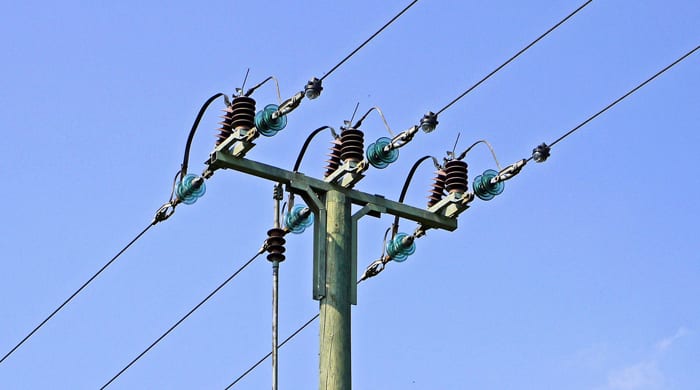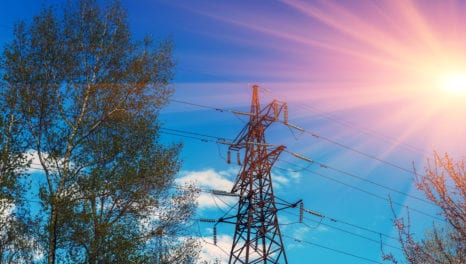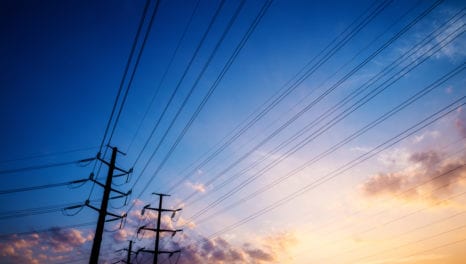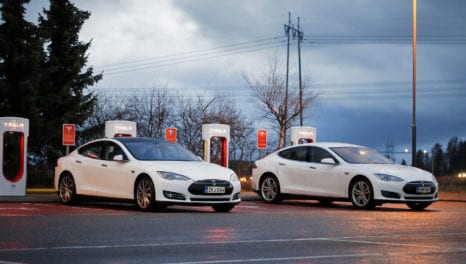Privatised networks deliver better customer service, report claims
Electricity networks are more efficient and deliver better service in private ownership, according to a global report by leading global economic consultancy NERA.
9th July 2019 by Networks

Economists compared research from across the world looking at the performance of the UK’s critical energy infrastructure, alongside those in both state and private ownership in other countries.
They found nationalised networks across the world delivered poorer customer service and were more expensive to operate – with significant financial risks being shouldered by customers and tax-payers.
The research highlights OECD, EU and US evidence that shows an international pattern of privatisation leading to lower consumer prices for electricity, alongside increased national wealth and jobs growth.
NERA, experts in energy economics, conclude there’s no sound evidence that state control leads to lower costs, more investment or improved customer service, but instead strong independent regulation, coupled with private sector efficiency delivers more for customers.
Alistair Phillips-Davies, chief executive of SSE, said: “When society is debating making fundamental changes to how industries are run, it is vital it’s driven by a clear performance imperative or an evidenced view that the change will deliver long-term benefit to consumers and society.
“The GB electricity networks have one of the best track records in the world, since privatisation we have seen over £100 billion invested, with costs to consumers down 17% and power cuts halved.
“The rationale for ripping it up and causing disruption at a critical time in the UK’s plans for decarbonisation needs to be informed by empirical research and sound evidence and this report adds independent context to the current debate.”
The report found UK billpayers have benefited greatly from privatisation of energy networks, with costs now 17% lower than when previously in state control. Operating expenditure per customer declined by five percent from 1990 to 2016 and is expected to continue to fall over the next five years. Power cuts were also reduced by almost two thirds (62.5%) while the amount of time without power declined by a considerable 84.3%.
In Australia, where some states have followed the UK model of regulated private ownership, the evidence is clear that the privately-run networks are more efficient and better managed than their state-owned counterparts.
Private ownership in Australia has delivered a 50 percent reduction in real term distribution charges with electricity bills rising less in the privatised states of Victoria and South Australia, than during the same period in the state-controlled networks of New South Wales and Queensland.
While in Germany, one of the world’s leading economies, re-municipalisation has not reduced costs or improved performance. A KPMG study found every fourth municipal utility was in ‘alarming shape’ and publicly held operators are far more likely to have very poor levels of service with customers facing higher costs.
James Grayburn, associate director NERA Economic Consulting, said: “The case for nationalisation has no evidence base. If the objective is an electricity system that delivers enhanced service for customers and investment to deliver a decarbonised energy sector, our analysis suggests the objective is most likely to be achieved through private provision subject to strong independent economic regulation.
“State controlled networks face competing political objectives and have a poor record on cost and customer service performance with the financial risk passed-through to customer and taxpayers.
“This is a crucially important report, not least because the energy sector represents over one percent of national GDP, 100,000 jobs and more than £10bn annual investment in the UK. The evidence shows private ownership leads to better outcomes for consumers, has resulted in greater customer satisfaction and welfare, increased growth and productivity in the UK and the rest of the world.”
Plans to put Britain’s energy networks back under state ownership were revealed in a Labour party document in May.
Comments
Login on register to comment
Related content

Power
The future for vegetation management
Why networks should focus on data not trees to overcome the costly challenges involved in vegetation management

Power
An unprecedented opportunity for change
Why short interruptions will matter in RIIO-ED2 and how to address them.

Power
Time for less talk and more action on decarbonisation
Core "oven-ready" solutions to decarbonising heat and transport exist today and should be implemented without delay, says WPD's future power networks expert.
Related supplier content
![‘Learning by doing’ on the road to net zero [test product]](https://networksonline.s3.amazonaws.com/products/images/3.jpg)
People & Skills
‘Learning by doing’ on the road to net zero [test product]
DSO director Andrew Roper discusses 'Learning by doing'

Power
Load patterns and lockdown: how Covid-19 is impacting electricity networks
Insights into dynamics on the low voltage network as the outbreak unfolds

Downloads
Protect electrical equipment from insulation failure
Insulation faults are a major cause leading to the eventual failure of electrical equipment. Partial discharge (PD) is a very reliable indicator of developing insulation faults. Regular PD testing allows users to detect and analyze PD activity